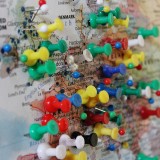How to Protect Your Privacy While Traveling
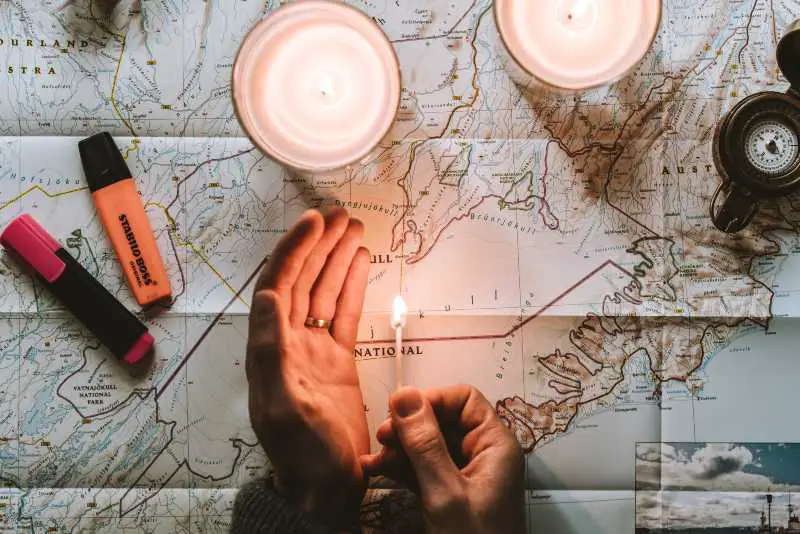
Whether going on vacation, traveling for work, or setting off on your digital nomad lifestyle, it’s easy to forget that we’re as at risk of privacy instructions when traveling as we are right at home. How can you stay safe out there?
Here’s some tips to help protect your privacy while you’re on vacation.
>> Read next:
- Your guide to the most common travel scams (+ how to avoid)
- What to do when your flight is delayed or cancelled
- 50 creative travel words (with beautiful meanings)
- How to be safe on a plane? Must read these essential tips when flying
- 200+ of the best questions about travelling to ask
- Be safe or daring with these weirdest foods of the world
- Ranked: The safest countries in South America and Africa
- Don’t stop exploring. Here are the main benefits of travel
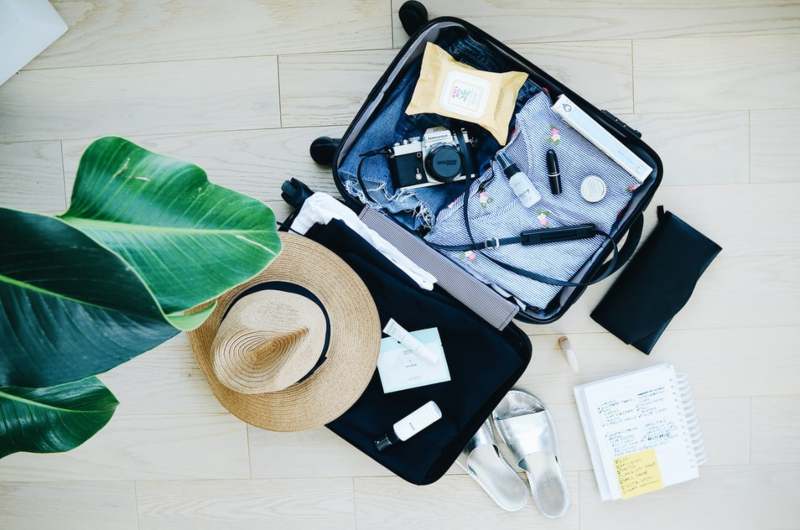
How do you protect your privacy when you travel?
First up…
Know Where Your Documents Are (And Keep Spares)
The dread of losing a wallet is strong enough, even when you’re sitting at home in bed – but what about when you’re entire continents away from where you’d need to be to replace them?
Lost passports, health cards, licenses, or credit cards are difficult to replace on the road, so it’s important you take care of them.
Have important documents copied, and consider adding images (encrypted safely through something like a photo vault app) to your devices, too. That way you know you’ve got backups even if your belongings and you are separated.
Leverage Technology Smartly
Make sure you have good password habits.
Keep passcodes on your devices, and try and use encryption where you can.
With a strong password and encryption in place, thieves can’t get into your vulnerable data and exploit it.
There’s many effective apps available to help, from ones that will encrypt the second stage of two-factor authentication to ones that will lock your apps with an additional layer of security.
Be sensible, and don’t log on to accounts from public devices or on public networks. That way, your data will never be compromised.
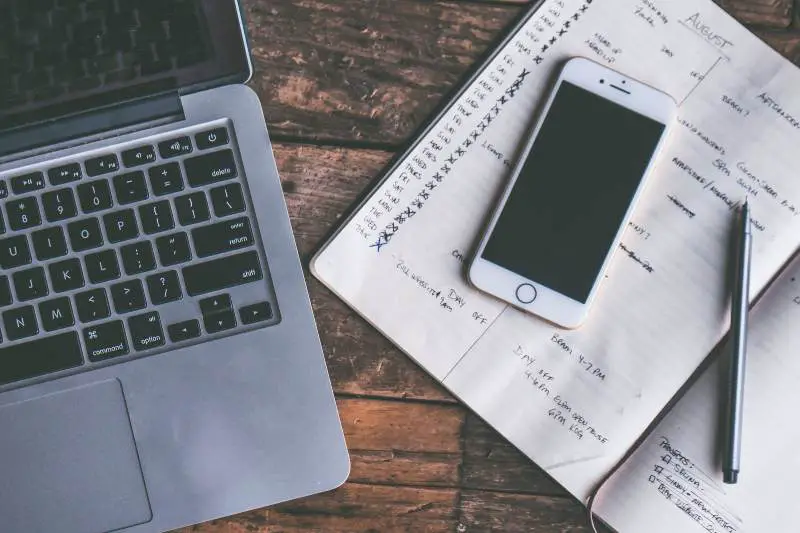
Choose Deliberately
In a similar vein, be aware that there are more and more “digital searches” occurring at borders, and the US is pretty notorious for it.
Consider uninstalling or deleting sensitive materials, or using a password app to help lock them down.
Discuss your travels with your company if you’re working, so they can adjust their access permissions accordingly or advise you on the most optimal ways to remain safe. And be wary of what can be gleaned from a search of your phone.
Use VPNs
When we travel, we’re very likely to use free Wi-Fi and hotspots in hotels, cafes, airplanes, and other locations to help us stay in touch.
VPNs, or virtual private networks, are a great way to add another layer of privacy to the situation.
They encrypt and mask your internet activity and IP, meaning that even if there’s intrusion on the network, you can browse safely.
And once again, be sure to log out of accounts once you’re done, so there’s no chance of them remaining logged in and inadvertently sharing your sensitive data!
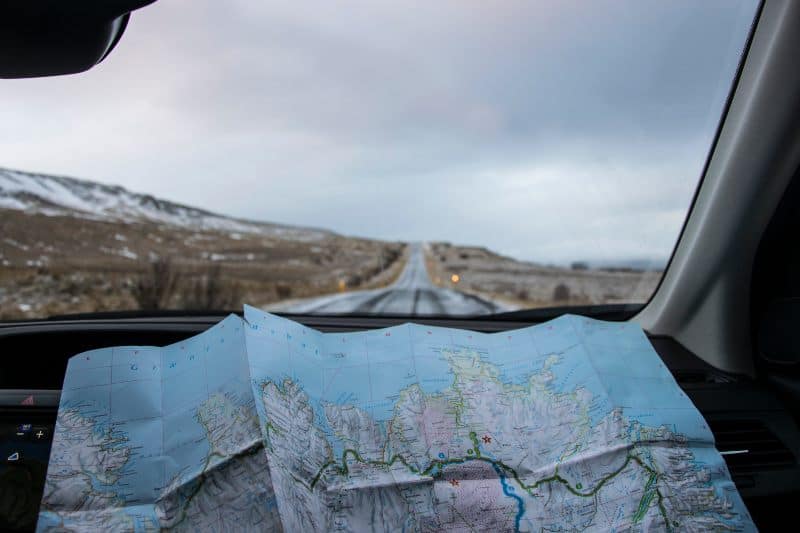
Consider a Burner
If you really want to stay digitally safe while traveling, you can even invest in a “burner” laptop or phone.
These are low-end, low-cost, prepaid devices that will still allow you to make calls and browse, but with less risk than your day-to-day devices loaded with things you don’t need while traveling.
Don’t Update your Location
Lastly, in a world where having numerous followers you may not know well is common, make sure you’re not telling them what they don’t need to know.
From stripping the location data from your photos, to making sure not to blurt out that you’re not home (and your location) on social media where anyone can see it, protect yourself and your privacy through smart choices and keeping your followers on a “need to know” basis only.
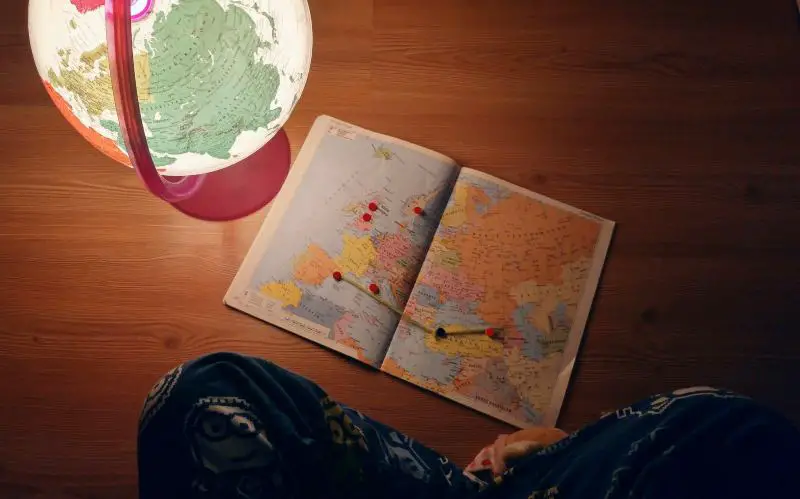
In a world gone ever more digital, ensuring you protect your privacy and sensitive information while traveling has become a critical part of being a safe, smart traveler.
With these tips to help, you’ll be able to enjoy your trip and rest easy, knowing you’ve done everything you can to stay safe and private. Always remember to be a responsible tourist.
Speaking of safety, should you talk to strangers?
Safe = happy travels,
Rai




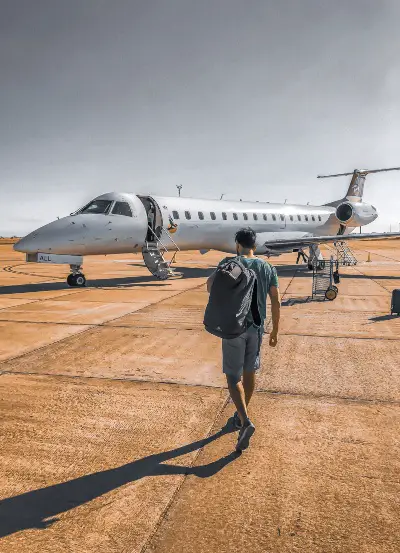 New Here?
New Here? 